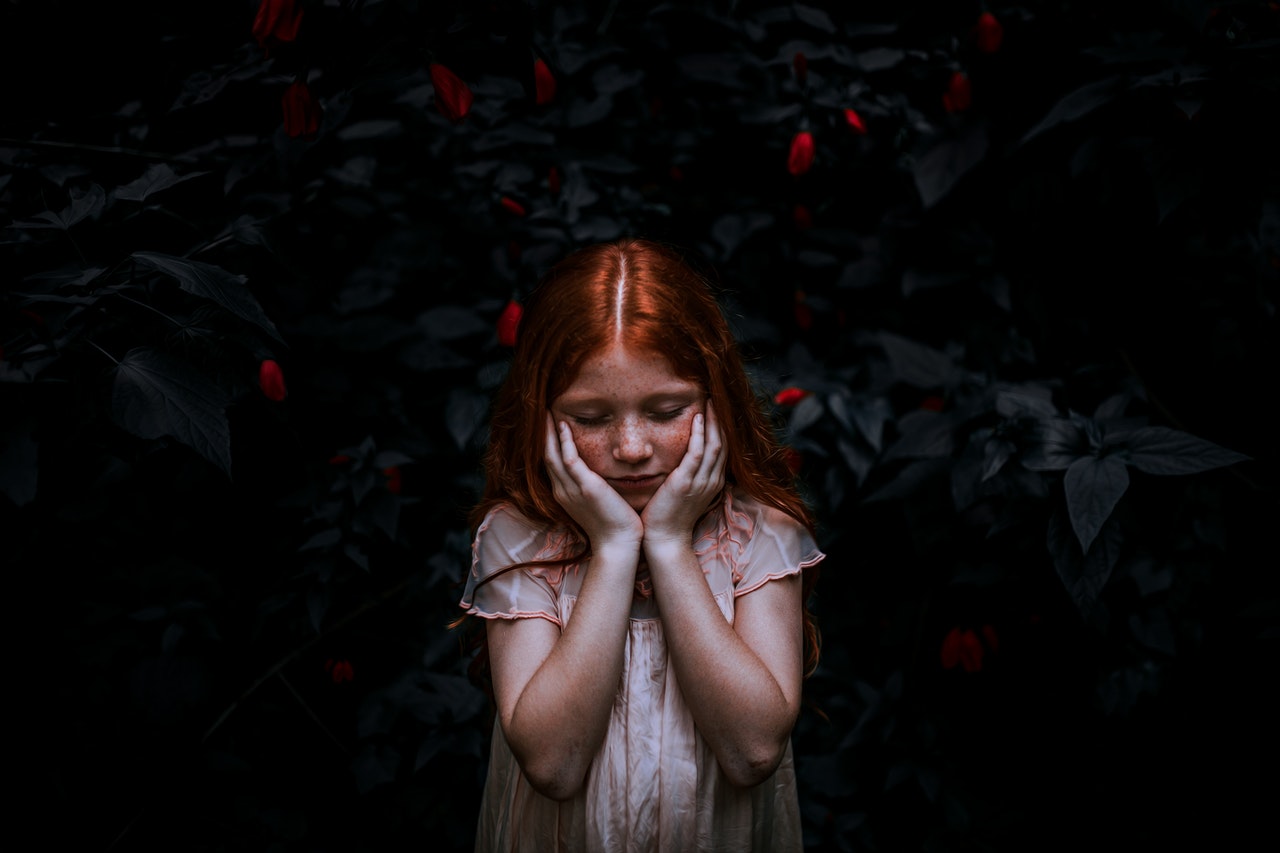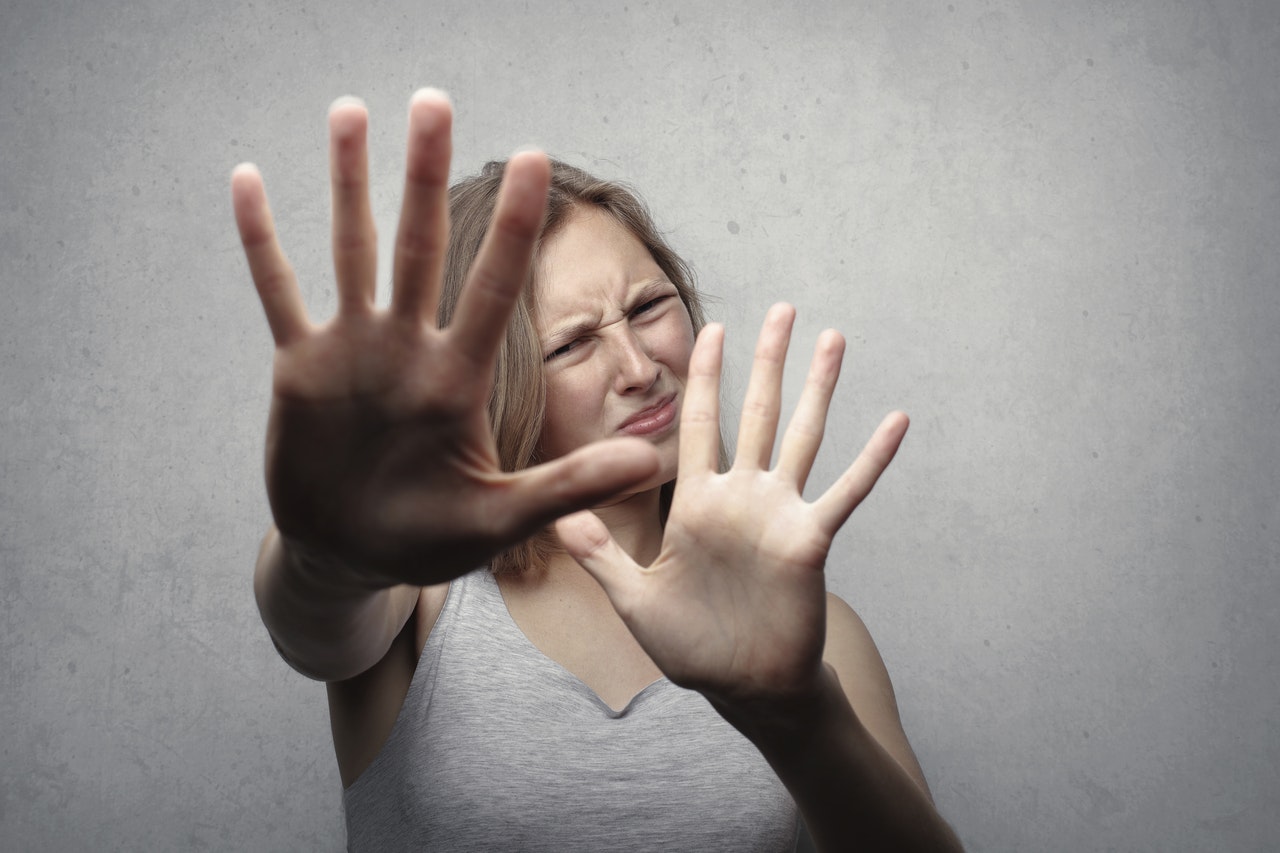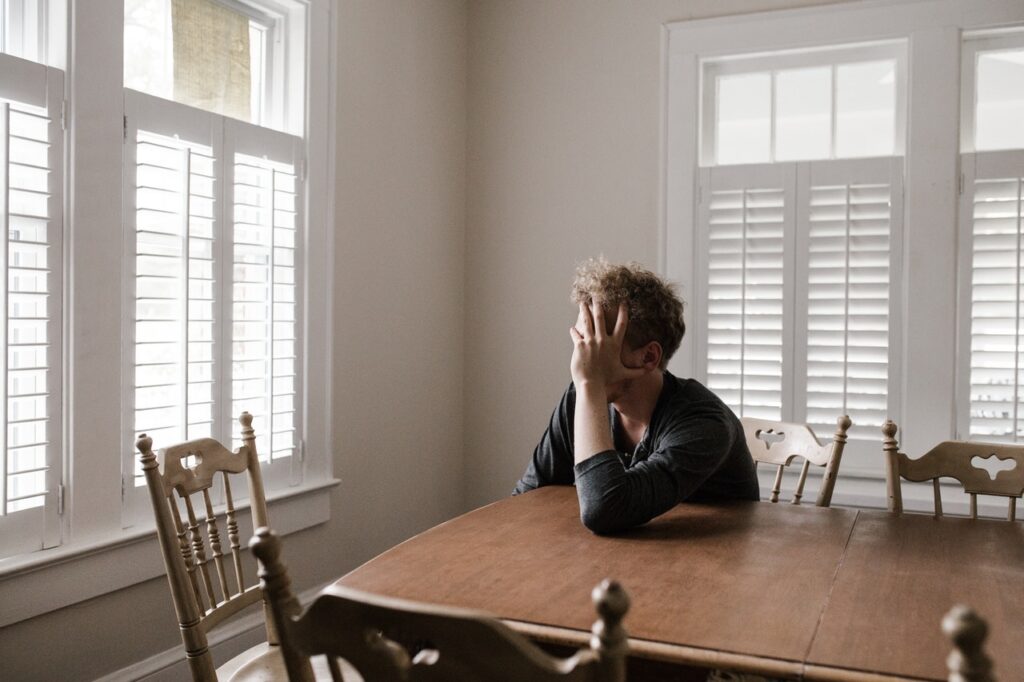You’ve heard of depression, but what about anxiety? Anxiety disorders are a mental condition that affects millions all over the world. You might not think you know anyone with an anxiety disorder, or you might have one yourself, but it’s more common than you think. This blog post will tell you everything you need to know about this condition and how to feel better!
What is Anxiety Disorder?
Anxiety happens when you feel nervous or worried, it is your brain signalling you of imminent danger. It also happens when you need to make a decision that will impact your life. However, if it continues even when you are in a situation that is not making you feel anxious, it becomes chronic and a disorder.
For someone with an anxiety disorder, their anxieties can get worse and never go away. Sometimes the symptoms interfere with daily activities like schoolwork or jobs because it is hard to focus on anything other than your worries for prolonged periods.

Source: Pexels
What are the Types of Anxiety Disorder?
Listed below are the several types of anxiety disorders that are experienced by many. According to Mind UK, 1 in 6 people report experiencing anxiety and depression in any given week in England.
Generalized Anxiety Disorder (GAD) – People with generalized anxiety disorder are plagued by excessive worry and fear, even when it seems unreasonable. They can feel a sense of dread about the most mundane things like making their bed in the morning or going to work. This condition causes severe problems for people who have GAD, including difficulties at school or work and social interactions where they want to make sure everything is perfect so that no one will judge them harshly.
Social Anxiety Disorder (SAD) – SAD can cause someone to avoid certain social situations altogether, such as the workplace, school environment etc., because they do not want anyone else’s opinion on how well-behaved they are, negatively impacting their confidence levels and overall happiness within those environments.
People with social phobia are terrified of being judged by others; this leads many to shun events where judgment might come easy due to nerves: school performances, job interviews, and even just going into stores without knowing what you’re looking for!
Panic Disorder – People with panic disorders have repeated unexpected periods of intense terror where they feel like their heart might stop at any moment; these are called “panic attacks.” Panic incidents usually happen when triggered by fears related to specific things most people wouldn’t find terrifying in the slightest.

Source: Pexels
Phobia-related Disorders – A phobia is a term for an intense fear that may not be grounded in reality. Anxiety can heighten someone’s sensitivity and apprehension. Still, the severity, intensity, and power behind this feeling are disproportionate to what it should feel when considering other aspects such as how large or dangerous something is. There are specific phobias like fear of blood, insects, animals, or heights. People who suffer from phobia experience intense anxiety and sometimes endure the phobia when it is unavoidable.
Separation Anxiety Disorder – Separation anxiety is an intense feeling of fear and unease that you may experience when a loved one leaves your sight. It’s common for kids to suffer from this condition, but not everyone understands what it feels like if they don’t have children themselves. If someone does get separation anxiety disorder, the person will feel anxious or fearful every time their loved one goes out of their sight; there will always worry about something terrible happening while they are gone.
And speaking of children, Selective Mutism is when kids with this type of social anxiety don’t talk to others outside the family circle due to fear of their words being judged negatively.
Agoraphobia – This condition is when the sufferer becomes so overcome with anxiety at the thought of being in public spaces that they have to avoid them altogether. This fear can begin as something small, like an intense feeling of panic and self-consciousness when riding on buses or trains, but it quickly snowballs into avoidance tactics such as not leaving your house for days out of terror because you might get stuck somewhere without help nearby.
What are the Anxiety Disorder Symptoms or Signs
Excessive and chronic fear and worrying is the significant sign of anxiety disorders. However, specific symptoms highly depend on the type of anxiety disorder you are experiencing.
Common symptoms of anxiety disorder are:
- Restlessness, irritability, fatigue, and agitated
- Difficulty/Lack of concentration
- Tense muscles
- Extreme and irrational fear
- Avoiding an object or situation
- Panic Attacks
- Hyperventilation, shortness of breath, palpitations
- Nausea and dizziness
- Rumination
- Difficulty in both falling and staying asleep
- Dryness of mouth
- Hands and feet getting cold, numb, sweaty or tingly
What are the Risk Factors and Causes of Anxiety Disorders
Leading researchers are now focusing on determining the genetic and environmental factors that predict who is most likely to develop anxiety disorders. The risk of developing an anxiety disorder has been a complex mix of genetics, environment, early life trauma, gender differences in coping styles, and other contributing social issues.
But the most common causes of anxiety disorders are:
- Genetics and brain chemistry
- Medical conditions (chronic or severe)
- Environmental stress and experiencing a traumatic event
- Drug withdrawal/use
- Sexual abuse
- History of mental health disorder
- Shyness during childhood and low self-esteem while growing up.
What are the Treatment and Therapies Available
There are natural and professional ways to treat anxiety disorders.
Natural:
- A healthy diet that includes probiotics and fermented food, and regular exercise
- Quit smoking, abstain from alcohol and limiting caffeine intake
- Yoga and meditation
- Learning stress-management techniques
- Support group
- Join a study
Medical/Professional Treatment Options:
Psychotherapy
- Counselling
- Cognitive Behavioral Therapy (CBT)
Medication
- Beta-Blockers
- Buspirone
- Antidepressants
- Benzodiazepines
- Anticonvulsants
- Bupropion
- Antipsychotics
Working with licensed psychologists and psychiatrists can help you manage anxiety and safely reduce symptoms. However, it would be best to work with your doctor to know what treatments or medications will work best for you.
What Not To Say With A Person With Anxiety Disorder
Of course, you want to be the best support your friend or loved one will ever have during these troubling times for them. If you take an extra step of educating yourself with Anxiety Disorders, you’ll avoid saying these words because they do more harm than good:
- Why are you so anxious?
- It’s not a big deal
- I know how you feel
- Calm down
- Relax and just breath
- Stop worrying, everything is going to be fine
- Get over it, it’s all in your head
- You’re making a big deal
- You’re just feeling overwhelmed
- You worry too much
- Don’t worry, it’ll pass
- Just let it go
- There are people out there experiencing the worst
- It’s all in your head
- Can’t you be a little more positive?
- Can’t you manage your emotions better?
- You’re not trying
- Anxiety is not an excuse for you to be like this and that
- Here’s my advice…
- Have you tried this self-help…or this [specific] therapy…or medication
- Why don’t you give this a try…
- Learn to control your emotions…
- You don’t need a doctor. You need a drink (this may lead to substance, drugs and alcohol abuse.)
- Check this website, it can help.
- Those are just feelings of stress, so it’s normal
- That’s not how a panic attack looks like
- You don’t show any symptoms
- That’s just your blood pressure rising
Say these instead…
- How can I help?
- I’m always here for you.
Make them feel heard and assured. Not shame them and disregard their health conditions with unkind, insensitive words.
How to Help People with Anxiety Disorder
Anxiety is a different kind of beast because it has no immediate physical symptoms, and it can be hard to know the best way for you or your friend to look. Even if there’s nothing that can take away their anxiety, you can show support by doing the following:
- Learn more about anxiety disorder
- Be supportive
- Offer comfort
Showing them that they’re not alone and removing the stigma of mental health can be life-changing for some people with anxiety disorders.
Final Words
For anyone who has dealt with high levels of anxiety, it’s heartening to know that you’re not alone. There are many people out there just like you — struggling and looking for a way through their symptoms to find relief from the heavy burden they feel every day. If this sounds like something that might be happening in your life as well, then I encourage you to reach out to your loved ones, friends, and a professional doctor.

